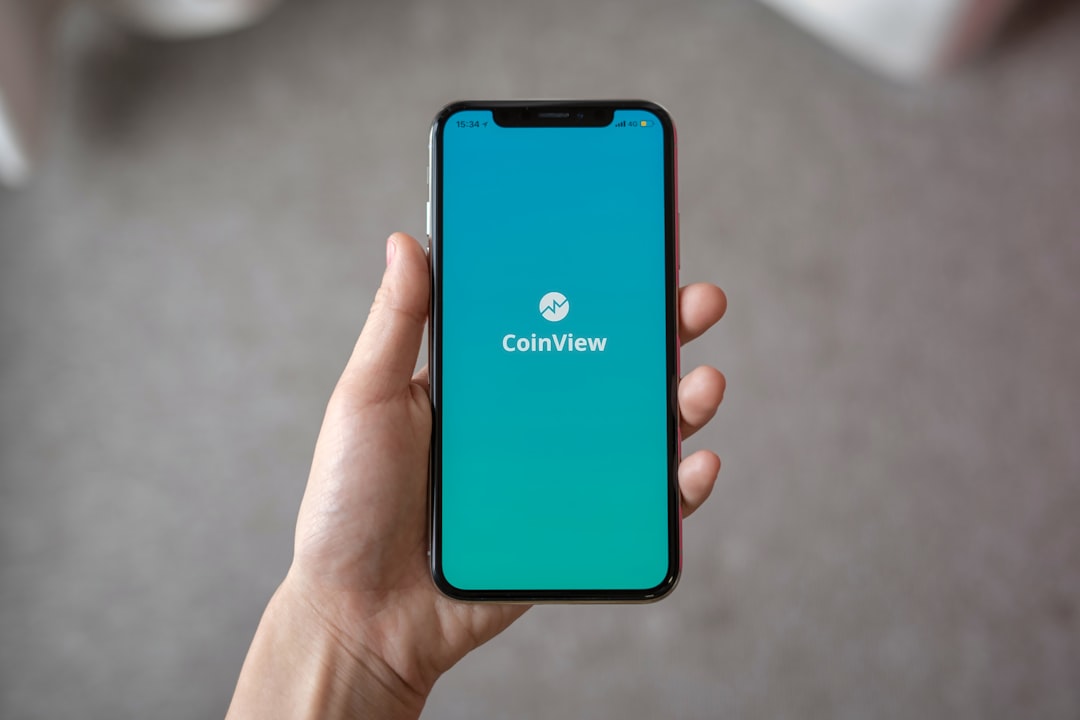Robocalls in Wisconsin have become a significant nuisance due to telemarketing and scams, but the state has implemented robust robocall laws to protect residents. These laws empower individuals to register on the "Do Not Call" list and prohibit unsolicited calls without prior consent. By recognizing and reporting robocalls, using call-blocking tools, and staying informed about evolving regulations, Wisconsinites can regain control over their communication preferences and reduce the impact of intrusive automated calls.
Robocalls remain a persistent nuisance, but Wisconsin offers robust legal frameworks to combat them. This comprehensive guide explores effective tools and strategies for Wisconsin residents to stop robocalls. We delve into understanding the legal landscape surrounding robocalls in the state and provide actionable steps for identifying and reporting these unwanted calls. Furthermore, we present cutting-edge tools for blocking and managing robocalls, ensuring a quieter, more peaceful communication experience. Stay informed about future developments in robocall regulations to stay one step ahead.
Understanding Robocalls and Wisconsin's Legal Framework

Robocalls, automated phone calls that deliver pre-recorded messages, have become a ubiquitous and often unwanted part of modern communication. While some robocalls offer valuable services like banking updates or government notifications, many fall into the category of telemarketing or scams, leading to significant consumer frustration in Wisconsin and across the nation. These unsolicited calls can be particularly aggressive, with scammers targeting individuals using deceptive tactics to sell products or gather personal information.
Wisconsin’s legal framework provides certain protections for residents against excessive robocalls. The state has implemented robocall laws that give consumers tools to manage and block these unwanted calls. According to the Wisconsin Department of Justice, residents can register their phone numbers on the “Do Not Call” list, which restricts commercial calls. Additionally, state laws prohibit telemarketers from making robocalls without prior consent, ensuring that individuals have control over their communication preferences. Understanding these legal rights is crucial in navigating and mitigating the impact of robocalls in Wisconsin.
Identifying and Reporting Robocalls in Wisconsin

In Wisconsin, identifying and reporting robocalls is a crucial step in mitigating their impact. Robocalls are automated phone calls that often promote products or services, and they can be particularly intrusive when not wanted. The state of Wisconsin has implemented laws to curb these unwanted calls, empowering residents with tools to protect themselves. One key aspect of combating robocalls is recognizing them. Residents can identify a robocall by the lack of a live agent on the other end, pre-recorded messages, or unusual phone numbers.
Reporting such calls is another effective strategy. Wisconsin’s public utilities commission encourages citizens to file complaints about suspected robocalls. This process involves noting down the caller ID, the time and date of the call, and any details that can help identify the source. By reporting these calls, individuals contribute to a collective effort to track and regulate malicious calling patterns under the state’s robocall laws.
Effective Tools to Block and Manage Robocalls

In today’s digital era, robocalls have become a persistent and frustrating issue for many Wisconsin residents. Fortunately, there are several effective tools available to help block and manage these unwanted calls. One of the primary strategies is utilizing robocall laws in Wisconsin that empower consumers with protections against unsolicited telephone solicitations.
Many phone service providers offer robust call-blocking features integrated into their plans. These tools can automatically filter out known robocalls, ensuring your conversations are primarily composed of genuine connections. Additionally, there are dedicated apps designed to combat robocalls by identifying and blocking them in real time. These applications often utilize machine learning algorithms to adaptively learn and improve their effectiveness over time.
Staying Informed: The Future of Robocall Regulations in Wisconsin

Staying informed about the latest robocall laws in Wisconsin is crucial for residents looking to protect themselves from unwanted calls. The state has implemented various measures to combat robocalls, reflecting a broader national effort to safeguard consumers’ privacy and peace of mind. These regulations evolve as technology advances, so it’s important to stay updated on new rules and provisions.
Wisconsin’s approach to robocall laws often focuses on giving residents more control over their phone lines and empowering them to block unwanted calls effectively. This includes the establishment of do-not-call lists, stringent penalties for violators, and the promotion of advanced call-blocking technologies. By staying abreast of these developments, Wisconsinites can better navigate the ever-changing landscape of robocall regulation and enjoy greater peace from intrusive calls.






